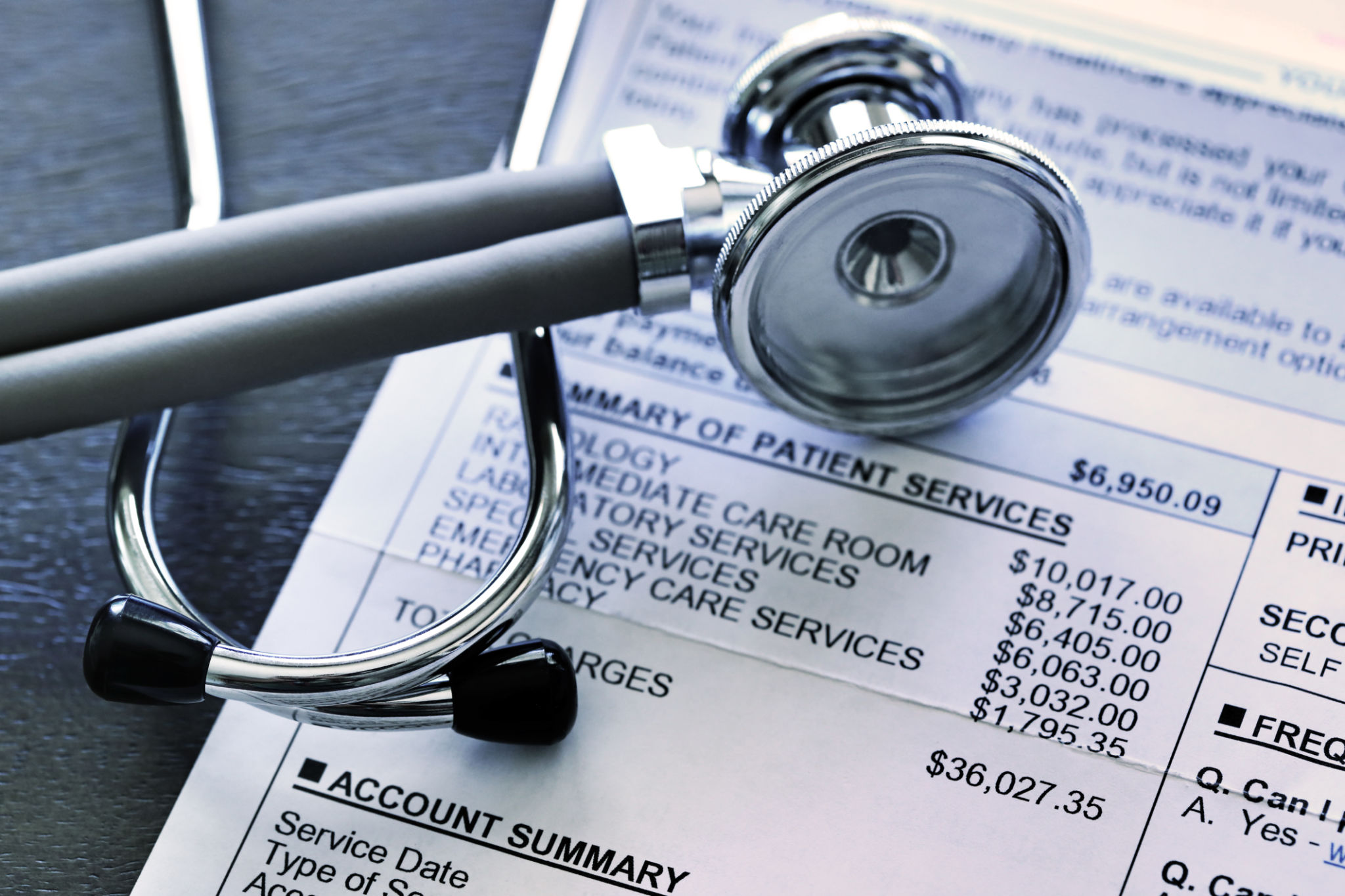Understanding Medical Billing Services: A Comprehensive Guide
What is Medical Billing?
Medical billing is a critical process within the healthcare industry, involving the translation of healthcare services into billing claims. This process ensures that healthcare providers are reimbursed for their services. It plays a pivotal role in managing patient data, handling insurance claims, and facilitating the financial operations of medical facilities.

The Role of Medical Billers
Medical billers are responsible for submitting and following up on claims with health insurance companies to receive payment for services rendered by a healthcare provider. They must understand complex medical codes and have a comprehensive knowledge of insurance regulations. Their expertise helps minimize claim denials and maximizes revenue for healthcare organizations.
The Medical Billing Process
The medical billing process involves several steps, each crucial to ensuring accurate and timely payments. Here's a simplified breakdown:
- Patient Registration: Collecting and verifying patient information.
- Insurance Verification: Confirming the patient's insurance details.
- Charge Entry: Entering charges for services provided.
- Claim Submission: Submitting claims to insurance companies.
- Payment Posting: Recording payments from insurance companies.
- Denial Management: Addressing and resolving denied claims.
Common Challenges in Medical Billing
Medical billing is not without its challenges. Errors in data entry, coding mistakes, or insurance company disputes can lead to claim denials. These issues can greatly affect the cash flow of healthcare providers. Staying informed about changes in billing codes and insurance policies is crucial to overcoming these challenges.

The Importance of Accurate Coding
Accurate coding is paramount in the medical billing process. Medical coders use a set of standardized codes to represent different diagnoses and procedures. These codes are used by insurers to determine reimbursement amounts. Mistakes in coding can result in delayed payments or even audits, making precision critical in this field.
Leveraging Technology in Medical Billing
Technology plays a significant role in streamlining the medical billing process. Modern software solutions automate many of the repetitive tasks associated with billing, reducing errors and improving efficiency. These tools also offer robust reporting features that can help healthcare providers track their financial performance.

Outsourcing Medical Billing Services
Many healthcare providers choose to outsource their medical billing to specialized companies. This allows them to focus on patient care while benefiting from the expertise of professionals dedicated solely to billing. Outsourcing can lead to faster claim processing times, reduced administrative burdens, and improved revenue cycles.
Choosing the Right Medical Billing Service
Selecting a reliable medical billing service is crucial for healthcare providers aiming to optimize their billing processes. Consider factors such as the service provider's track record, technology capabilities, and compliance with industry standards when making a decision. A good service can significantly enhance a healthcare facility's operational efficiency and financial stability.